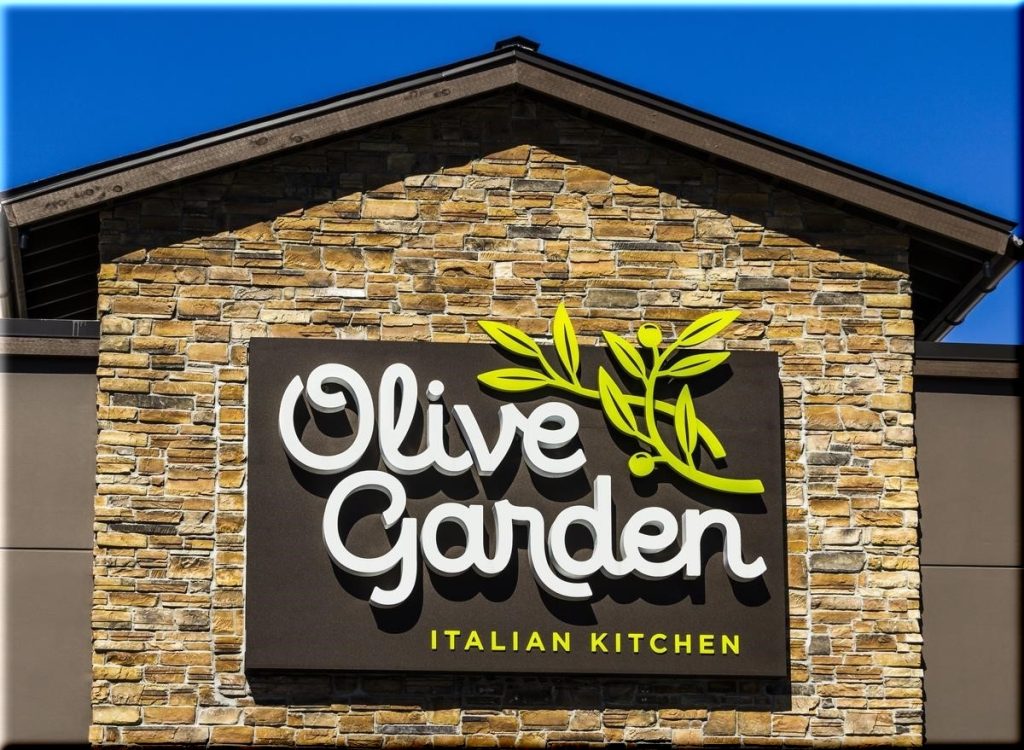Garden
Does Olive Garden Make Its Own Pasta? The Truth Behind Their Preparation Methods
We’re all familiar with Olive Garden’s iconic pasta dishes and those endless breadsticks. But have you ever wondered if those hearty plates of spaghetti and fettuccine are made fresh from scratch? This question often arises among food enthusiasts, and it’s a valid one to consider. Let’s dive into the details behind Olive Garden’s pasta preparation and shed light on their practices.
Olive Garden’s Pasta Preparation: Fresh or Pre-Cooked?
The short answer is, no, Olive Garden does not make its own pasta from scratch. Instead, they follow a pre-cooking method that prioritizes efficiency and consistency. This involves boiling large batches of pasta in advance and then chilling it in an ice bath. When a customer orders a pasta dish, the cooks take the pre-cooked pasta and reheat it in boiling water until it reaches the desired al dente texture. This approach ensures that every dish is cooked to the same standard, making it possible to serve large volumes of customers with consistent results.
Understanding Olive Garden’s Pasta Quality
This method of pre-cooking might raise questions about the quality of the pasta. While Olive Garden uses standard pasta ingredients like flour, eggs, and water, some might argue that the pre-cooking process compromises the pasta’s freshness and texture. However, it’s crucial to remember that Olive Garden adheres to food safety standards and regulations, ensuring that the pasta is handled and prepared under safe and hygienic conditions.
Olive Garden’s Commitment to Food Safety
Olive Garden prioritizes food safety in all aspects of its operations. The restaurant chain has strict procedures for handling and preparing food, including the pre-cooked pasta. They ensure that the pasta is stored and reheated properly, maintaining the required temperatures to prevent the growth of harmful bacteria. This commitment to food safety assures customers that their meals are safe and enjoyable.
Behind the Scenes: Olive Garden’s Kitchen Practices
Walking into an Olive Garden kitchen, you’ll see cooks diligently working to prepare dishes for customers. The pre-cooked pasta is just one element in their overall process. Besides reheating pasta, cooks might also use microwaves to heat up other dishes, such as vegetables or potatoes. The use of microwaves is common in large-scale food service, offering a quick and efficient way to heat up pre-prepared ingredients.
The Olive Garden Experience: More Than Just Pasta
While Olive Garden is best known for its pasta dishes, the dining experience goes beyond just the food. The atmosphere, service, and overall ambiance play a key role in creating a positive experience for customers. Olive Garden is known for its generous portions and value for money, appealing to a wide range of diners. Their menu also features other popular dishes, like salads, soups, and appetizers, expanding the dining options for customers.
Olive Garden and the Restaurant Industry
Olive Garden is a significant player within the restaurant industry, particularly in the casual dining segment. It’s worth comparing Olive Garden’s practices to other chain restaurants and Italian restaurants to gain a broader perspective. This comparison reveals that pre-cooking pasta is common among many restaurants, especially those with a high volume of customers. The restaurant industry is constantly evolving, with trends in food preparation and customer expectations constantly changing.
Does Olive Garden Make Its Own Pasta?
Q: Does Olive Garden use fresh pasta?
A: No, Olive Garden uses pre-cooked pasta that is reheated when ordered.
Q: Is Olive Garden pasta safe to eat?
A: Yes, Olive Garden adheres to industry food safety standards and regulations.
Q: Why does Olive Garden pre-cook its pasta?
A: This practice allows for efficiency and consistency in serving large numbers of customers.
Q: Does Olive Garden use any special ingredients in its pasta?
A: Olive Garden uses standard pasta ingredients like flour, eggs, and water.
Q: Are there any alternatives to Olive Garden’s pasta?
A: Yes, many other restaurants offer fresh pasta options.
Conclusion
While Olive Garden may not be making its pasta from scratch, their commitment to food safety and focus on providing a satisfying dining experience continue to make them a popular choice for many. If you’re looking for a casual, family-friendly restaurant with a focus on Italian flavors, Olive Garden might be your go-to spot. But if you’re seeking a truly fresh and handmade pasta experience, you might need to explore other culinary avenues. As always, Goodxtop encourages you to share your own experiences and thoughts in the comments below!
Note: This content is for informational purposes and does not constitute professional culinary advice.


